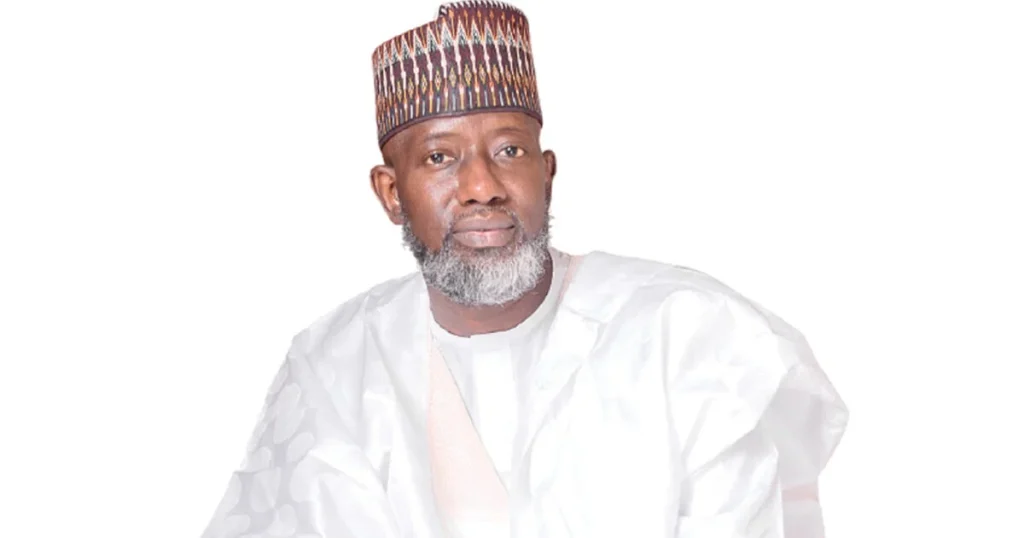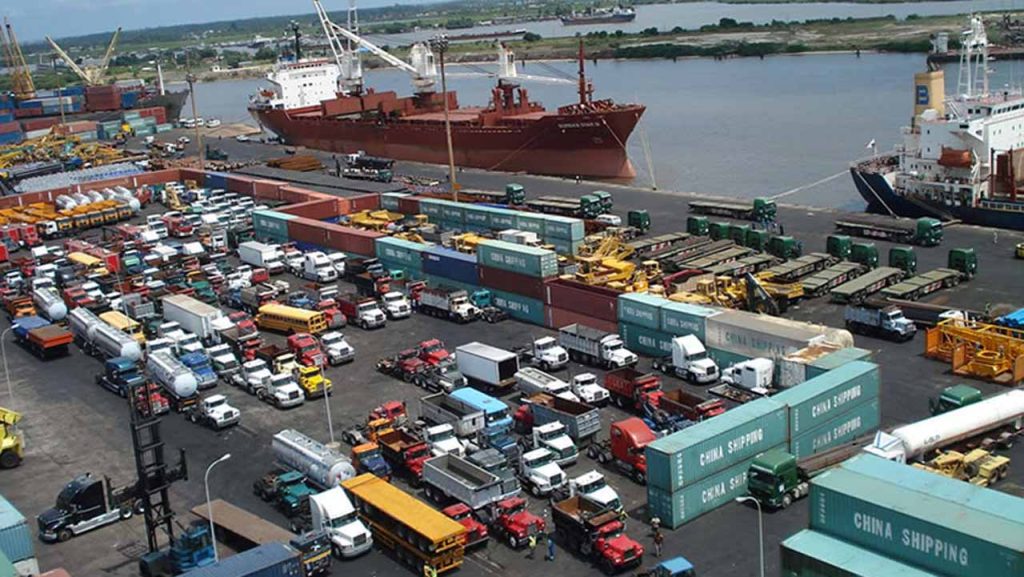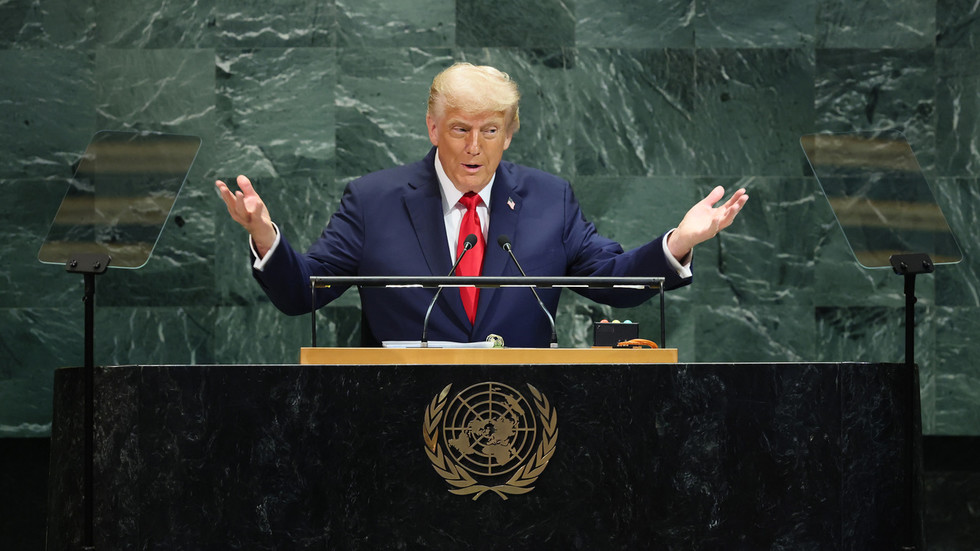In a significant diplomatic move, South Africa has referred Israel to the International Court of Justice (ICJ), alleging violations of the Genocide Convention in the ongoing conflict in Gaza. This action not only marks a step towards seeking justice but also adds to the mounting international pressure to bring an end to the war in Gaza.
The ICJ, often referred to as the World Court, was established in 1945 as a part of the United Nations system and primarily handles disputes between nations. Unlike the International Criminal Court, the ICJ’s jurisdiction does not extend to trying or jailing individuals for crimes under international humanitarian law.
South Africa’s decision to invoke the ICJ recalls its own history with the court, particularly the landmark case initiated by Ethiopia and Liberia in 1960, challenging South Africa’s rule of the then South-West Africa (now Namibia). Despite initial resistance from South Africa, the court’s eventual judgment played a pivotal role in the path to Namibia’s independence.
The legal team representing South Africa in the case against Israel includes Professor John Dugard, a renowned expert on both the South-West Africa case and the World Court. This move underscores South Africa’s commitment to addressing international issues and upholding justice on a global scale.
South Africa’s 84-page founding statement to the ICJ unequivocally condemns all violations of international law, emphasizing the need to hold all parties accountable for their actions. The application asserts that Israel’s actions in Gaza are genocidal in nature, alleging deliberate attempts to bring about the destruction of a substantial part of the Palestinian group in the region.
Furthermore, South Africa has urged the ICJ to take urgent measures, calling on Israel to immediately cease all military attacks that violate the Genocide Convention. The application demands Israel to stop causing harm to the Palestinian people, prevent incitement to genocide, and rescind related policies and practices.
In response to South Africa’s application, the Israeli foreign ministry has vehemently rejected the allegations, dismissing them as lacking factual and legal basis. The ministry accused South Africa of collaborating with a terrorist organization and exploiting the ICJ for unwarranted claims.
This move by South Africa not only demonstrates its firm stance on upholding international law but also signifies its commitment to advocating for peace and justice on a global platform.
In conclusion, South Africa’s referral of Israel to the ICJ represents a bold step in leveraging international mechanisms to address the conflict in Gaza, sending a clear message about the imperative of upholding human rights and seeking accountability on the world stage.



